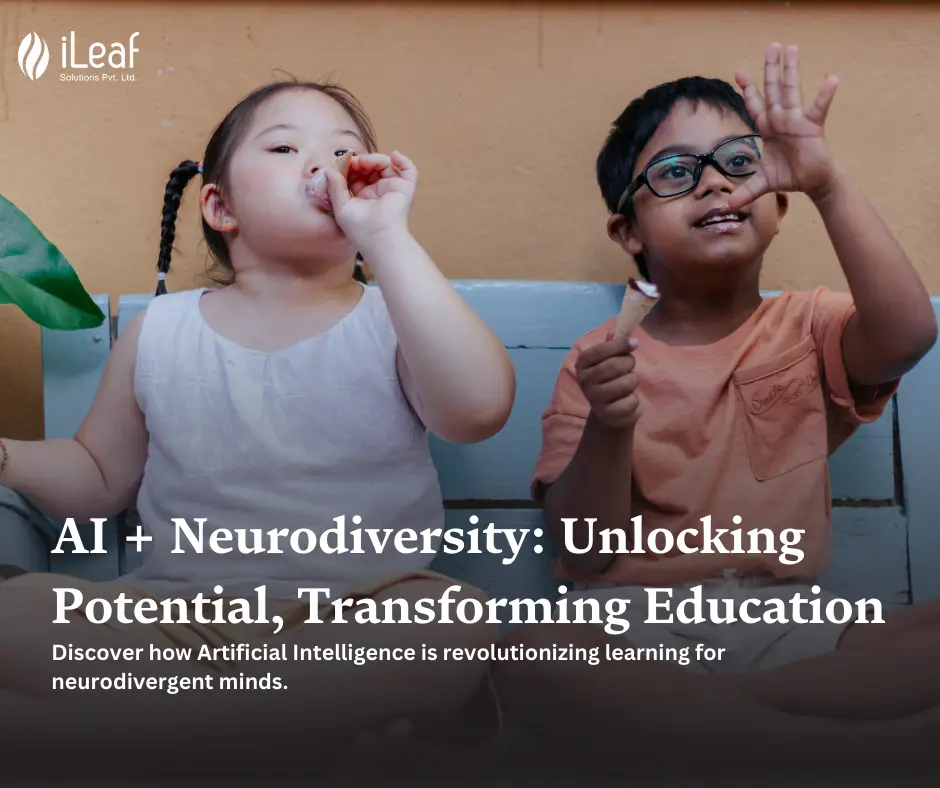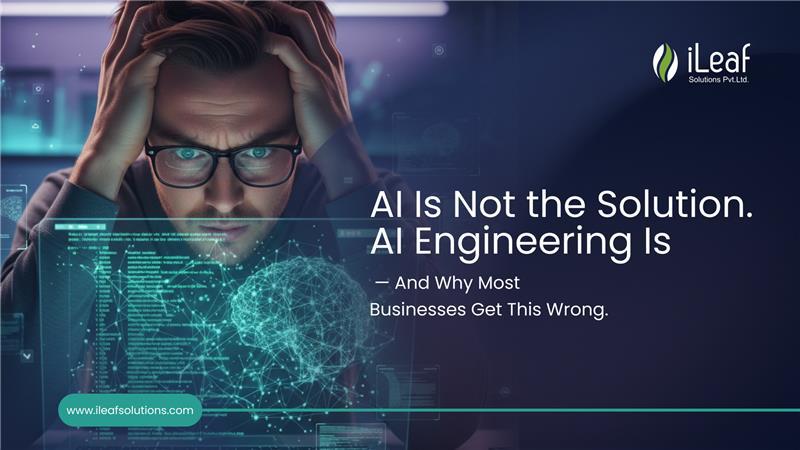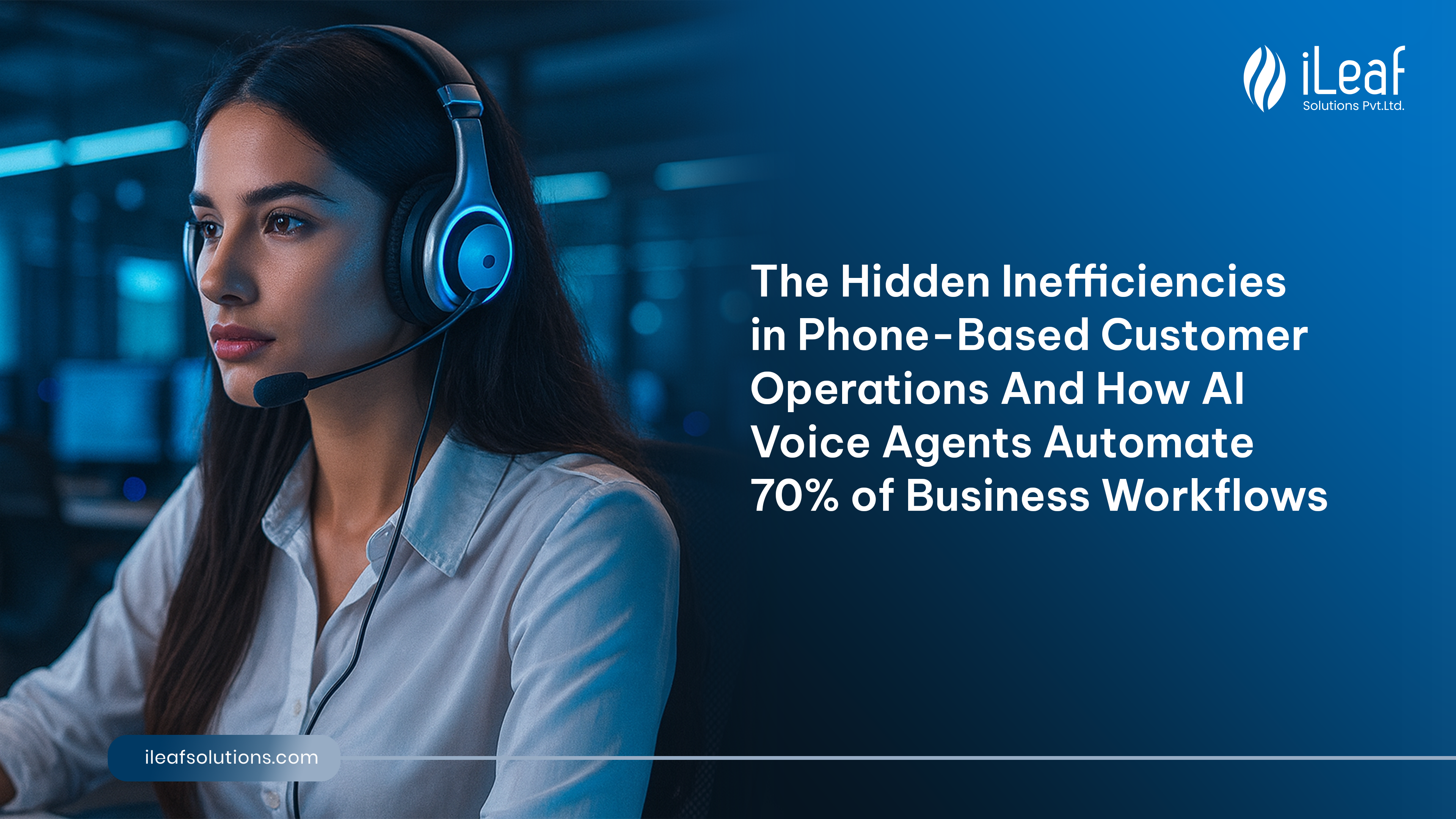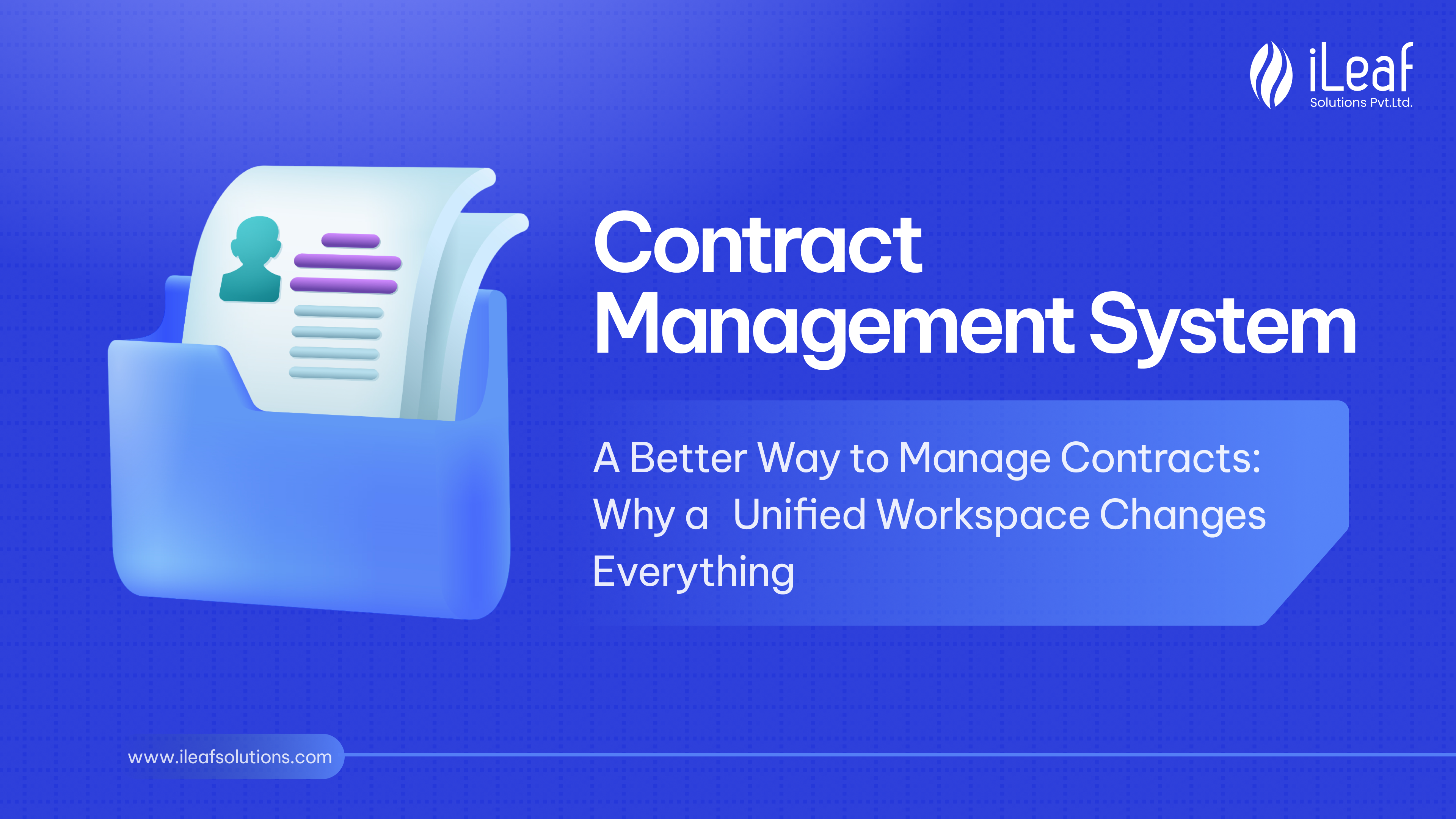Level Up Learning: The Game-Changing Alliance of AI and Neurodivergent Education

Table Of Contents
- Introduction
- The Role of AI in Catering to Neurodivergent Needs
- AI Innovations in Accessible Education
- The Future of Neurodivergent Learning
- Humanizing the Future of Education with AI
- Conclusion: A Brighter Future for All Learners
Introduction
Education, at its core, is about empowering individuals to unlock their potential. But for neurodivergent learners, traditional education methods can often present challenges. Dyslexia, ADHD, Autism Spectrum Disorder (ASD), and other neuro divergences can impact the way information is processed, absorbed, and communicated. This can lead to feelings of frustration, discouragement, and a sense of falling behind.
However, times are changing, Artificial intelligence (AI) can be an exciting new frontier in the classroom. This offers a unique opportunity to bridge students of neurodivergent conditions and may serve a panacea for creating a more inclusive learning environment for all. Here, we take a deep dive into the exciting world of using AI in providing neurodivergent students.
The Role of AI in Catering to Neurodivergent Needs
The beauty of artificial intelligence in education is that it can provide personalized learning. Rather than offering a set-approach. AI can customize its content depending on the specific abilities and strength of the student. For students whose brains work differently, the transformation can be even more remarkable.
Here are some of the key ways in which AI should be able to help with this:
Personalized Learning Paths: AI algorithms collect data about a student’s learning style, strengths and areas where improvement is required. This information is then used to create a personalized learning path that incites specific deficiencies and strengths. For example, a student with dyslexia might benefit from a text-to-speech tool or alternative learning material that focuses on visual elements. Adaptive Learning makes sure that students are posed with an optimal level of challenge so that they are neither overwhelmed nor bored, thus ensuring they remain engaged and motivated.

Applications: "Because AI is a natural interface that is based on language, it is inclusive for many disabled people, particularly those who struggle with the learned rules governing the digital world. A remote entrance that allows for more self-assessment, not tied to regulated standards in the same way, offers comprehensive possibilities for work."
Multi-sensory learning: AI can create multisensory learning experiences to meet the different learning styles of students. This can combine audio, video and kinesthetic learning, making learning for neurodivergent students more engaging and easier to comprehend.
Tools for neurodivergent learners: AI can power assistive technologies that can help address the unique challenges faced by learners who are neurodivergent. For example, text-to-speech tools could assist students with dyslexia in reading fluently while speech recognition software can help students who may have issues with motor functions.
AI-powered tutors and feedback systems: AI-powered tutors enable students to work at their own pace and learn at their own level. You can provide immediate, personalized feedback to students on any area you bring into the system and shout their praises from upon high when they nail it, or quietly corral them back on track when they don't. This can boost a learner’s self-esteem and help them to adopt a positive attitude towards learning.
AI Innovations in Accessible Education
The world of AI in education is brimming with innovative solutions designed to bridge the learning gap for neurodivergent students. Here are a few examples:
Brain-Computer Interfaces (BCIs): Even though they’re in a rather early stage of development, BCIs have a lot of potential as a very effective medium for neurodivergent education. Devices parse our brain signals into commands, enabling us not to require the intermediary steps of mouse and keyboard when interacting with content in educational software.
Virtual Reality (VR) and Augmented Reality (AR): VR is for transporting students to a different environment where concepts really come alive whereas AR enhances the physical world with digital objects to make learning more engaging and comprehensible.
Gamification: AI can enable game-based learning, which is not only fun but also effective. Games in education can provide motivation, immediate feedback, cater to different learning strategies and types of learners making them very useful with neurodivergent students.

Emotion Recognition: AI powered systems are used to determine emotional state by observing numerous factors, including facial data, speech patterns, heart rate and other physiological parameters. This can help us to slow or speed up the learning pace as appropriate to learner needs, offer additional instructional support where needed, or even identify the topics where the student is struggling.
These are just a few examples of how AI is revolutionizing the field of neurodivergent education. Think how we will further revolutionize personalized learning for all students as we see the tech of AI evolve.
The Future of Neurodivergent Learning
AI has the potential to revolutionize the way neurodivergent students are educated in the future. If you wonder what this could look like, let’s discuss what the future of neurodivergent education could be.
- AI can help make classroom experiences personal by catering to various learning needs to create a safe and inclusive learning environment for neurodivergent students.
- Supporting the work of educators, AI can remove the extracurricular burdens like grading and formative assessment which provide teachers with more time to focus on personalized attention, a supportive relationship with the students, and timely interventions to help them maximize results.
- AI-powered learning can serve neurodivergent learners for a lifetime of learning after they exit formal education.
- AI can provide tailored learning tools and aids. So, it enables them to learn better and through that earn better education for future careers.
Humanizing the Future of Education with AI
The human element will always be vital in education, especially for neurodivergent learners. Here's how we can ensure AI complements, rather than replaces, the human touch:
Leveraging Teacher Expertise: AI should be understood as an augmentation to teacher skills, not their replacement. Teachers could be supported by AI-driven insights in providing the right interventions in a personalized manner for learners while also maintaining the essential elements of relationship-building, creativity, and continuous emotional support they are irreplaceable at.
Put Social-Emotional Learning First: Though AI can take on a large chunk of cognitive work, we still can't fully digitize the way educators are friends, therapists, and mentors for these students. AI can provide an algorithm to help, but there is nothing like wise words from a parent that can be so reassuring to a student who might feel upset.
Fostering Creativity and Critical Thinking: While AI can provide personalized learning paths, it's important to nurture critical thinking and creativity in students. This is where human educators play a vital role, encouraging students to question, analyze, and develop their own unique perspectives.
Conclusion: A Brighter Future for All Learners
The promise of AI in collaboration with neurodiversity in education allows for a tremendous amount of individualized and personalized learning. Education, with the human touch as its guiding force, cannot help but be transformed, into something accessible, inclusive and empowering to all learners. There's no end to what the science-fiction possibilities are for transforming neurodivergent education with the evolution of AI technology as its basis. In the future, the stuff that will allow every learner regardless of neurodiversity to do their best work is what the neurodivergent users of today need.
If you are looking for a solution to help the diversified, keep us informed - Shoot a mail at - [email protected]
Or to have a chat with our expert - Schedule a call with Aswin














